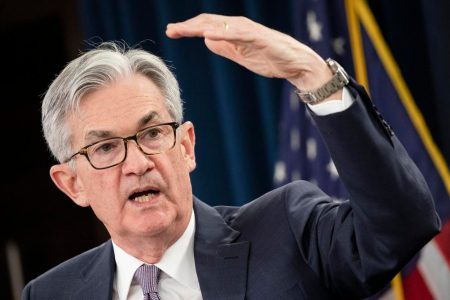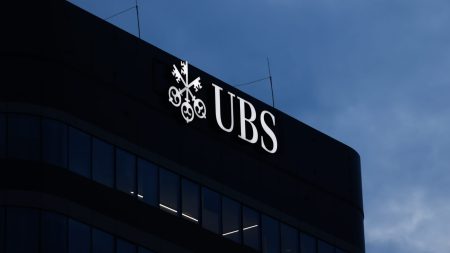JPMorgan’s market capitalization has recently surpassed that of the top ten euro-zone banks, highlighting the significant progress gap between European banks and their American counterparts since the global financial crisis. In response to this, the capital markets union (CMU) was launched in 2014 with the goal of shifting corporate financing away from bank lending towards deeper capital markets and harmonizing finance regulations to facilitate better capital flow across the euro-zone.
However, the CMU has not made much progress and has largely been sidelined by political issues, despite some advancements such as the introduction of the ELTIF long-term financing product. Little has been done to align pension, insolvency, and tax frameworks within the euro-zone. Now, the CMU is being seen as a crucial part of Europe’s investment in green technology, AI/supercomputing, and defense technology, as Europe continues to lag behind the US in financing for technologies like AI.
One major project being considered within the CMU is the creation of an EU version of the Securities and Exchange Commission, proposed by France. This initiative aims to expand the scope of the EU securities regulator (ESMA) to oversee investment platforms, but it has faced opposition from other EU nations, with concerns raised about potential increased costs on Irish banks. Despite some disagreement, EU leaders have agreed to “move forward” with the CMU but have not reached any new concrete elements for the project just yet.
The lack of momentum on the capital markets union is disappointing given the economic and geopolitical challenges facing Europe. The division within individual country governments indicates that the strategy has not been given sufficient attention in policy debates, although senior politicians like Macron and ECB president Lagarde see the CMU as a crucial component of Europe’s advancement. Lagarde and French finance minister Bruno LeMaire are expected to continue pushing for progress on the CMU, but with only lukewarm support from Germany, it may face challenges in moving forward.
It remains unclear whether other avenues such as banking consolidation or the consolidation of stock exchanges will gain traction as alternatives to the CMU. The EU leaders have not agreed on any new concrete elements but have reaffirmed their commitment to the current framework. Despite the challenges and divisions within the EU, the importance of the CMU in driving Europe’s economic growth and technological advancement cannot be underestimated, and continued efforts will be needed to overcome obstacles and move the project forward.















